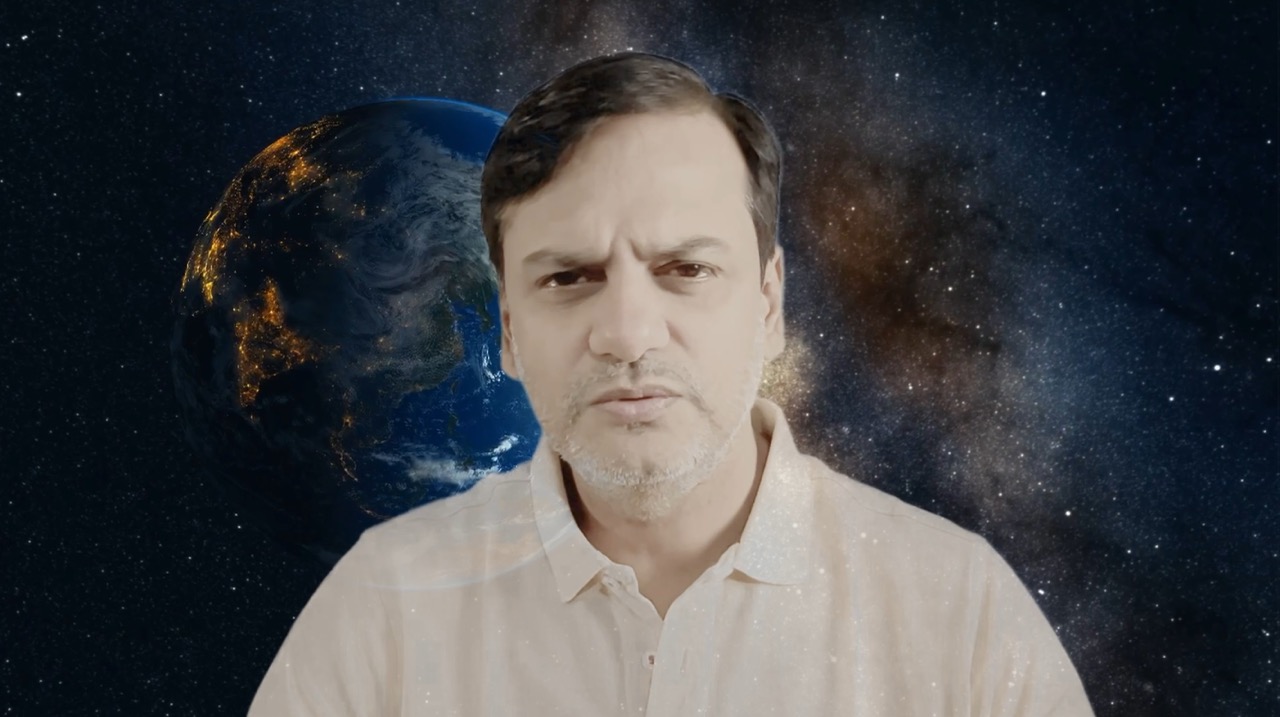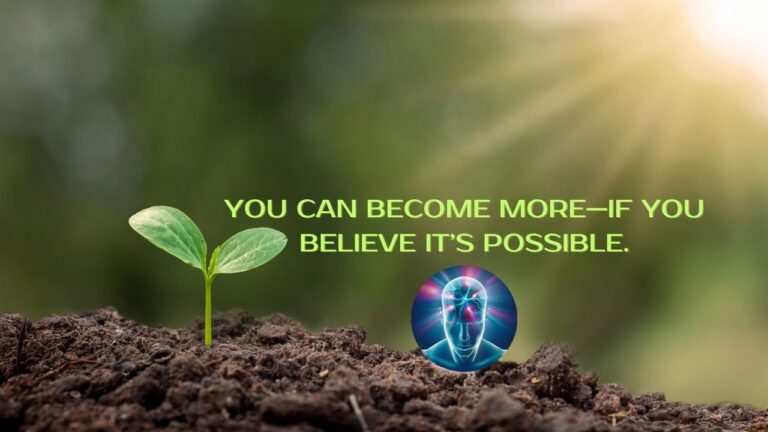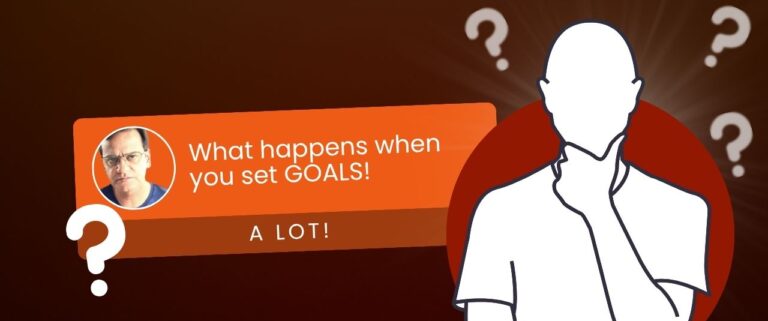
I don’t believe this Earth, this Sun, the Moon, life, or this entire universe is a random creation. There is too much precision, too much order, too many laws being followed effortlessly for it all to be a coincidence.
And the intelligence behind this harmony—some call it God, others the Creator—is what I choose to believe in.
Across centuries, religions and spiritual traditions have emerged from humanity’s deep desire to understand this intelligence, and to make sense of our existence. Why are we here? What are we meant to do? Surely, life can’t just be about being born, living a few decades, and disappearing into oblivion.
That’s why I believe. It’s hard not to.
A Childhood Question That Never Left Me
Even as a child, I used to lie in bed at night and think:
What if Earth didn’t exist? What if there were no Sun, no Moon, no galaxies—nothing at all?
The thought scared me. The emptiness. The nothingness.
And yet, it also opened something in me—a curiosity, a spiritual hunger, a quiet awe that never left.
I Read Scriptures from Every Tradition
I enjoy reading religious scriptures—Bible, Quran, Bhagavad Gita—not to compare or judge, but to understand how different cultures have reached toward the Creator.
Every tradition offers a unique lens, shaped by its time and place. I don’t read to say this is right and that is wrong. Who am I to do that?
I read to explore the countless ways humans have tried to reach out to the Divine.
A few months ago, I immersed myself in Islamic writings—starting with M.A.S. Abdel Haleem’s translation of the Quran, published by Oxford Press. It was beautifully written. Then I picked up The Sealed Nectar, a biography of Prophet Muhammad (peace be upon him). Fascinating, heartfelt, deeply human.
One thing I learned through that exploration was the need to separate religion from culture—a point beautifully emphasized by Jeffrey Lang, a U.S. professor who converted to Islam. Every religion arises within a particular cultural context. But its teachings often transcend that culture.
Clothing styles, food customs, rituals—those are cultural overlays. The core of the religion is something deeper. And it’s important to remember that.
Science Isn’t the Enemy of Faith
Many assume there’s a conflict between science and religion. But in truth, they ask different questions.
Science seeks to understand how things work—how gravity shapes orbits, how the body functions, how ecosystems sustain life.
Religion, on the other hand, seeks to understand why we exist—who we are, where we come from, what we are meant to become.
Science gave us the tools to launch satellites by understanding gravity. But no scientific law tells us why gravity exists, or why this entire system came to be in the first place.
There are several scientific theories that attempt to explain the origin of the universe. The most widely accepted is the Big Bang theory, which suggests that the universe began from an extremely hot and dense point around 13.8 billion years ago and has been expanding ever since. Other ideas include the oscillating or pulsating universe theory, which proposes cycles of expansion and contraction, and the multiverse theory, which imagines that our universe may be one among countless others. While these theories are grounded in scientific models and observations, they remain interpretations of limited data—and cannot fully answer the ultimate “why” of existence.
What we know is this: we exist. And we live in a universe rich with intelligence, interdependence, and balance.
Randomness Doesn’t Convince Me
Think of the intricacy of nature:
The smallest insect. The largest animal. The ecosystems, seasons, rhythms of life.
Can this all be random?
It’s like suggesting that if you throw metal parts into a room and wait a million years, a fully functional computer would assemble itself—without design, direction, or intelligence. That’s the kind of logic some apply when they claim life originated purely through random chance and natural selection. While Darwin’s theory of evolution explains adaptation and survival through incremental changes, it doesn’t answer the deeper question of how life—conscious, self-aware, morally inclined life—emerged from non-life. The jump from raw matter to meaning, from chemistry to consciousness, is far too vast and complex to be dismissed as mere coincidence. To me, the odds of such intricate order and intelligence arising from randomness seem not just unlikely—but philosophically unsatisfying.?
Even with all our human brilliance, the AI we’ve built so far—including what’s called generative AI—is still not truly intelligent. It doesn’t think, feel, or create in the way humans do. It simply processes massive amounts of data, identifies patterns, and produces outputs based on probabilities. It mimics intelligence, but it doesn’t possess understanding. If it takes thousands of the world’s smartest people, advanced machines, and enormous datasets to simulate even a fraction of human thinking, then what kind of intelligence must have designed the original human mind? Ponder this question please…
How Can We Know the Creator?
I believe that over the ages, many significant individuals—saints, mystics, seekers, and deeply reflective minds—have caught glimpses of the Divine. They may have seen it through moments of revelation, deep prayer, surrender, or simply in how they lived their lives. And through their writings, teachings, and practices, they left behind a path—a language of symbols and wisdom that allows us to reach toward what they experienced. When I read their words, I’m not just reading—I’m trying to feel what they felt, to touch, even briefly, the depth of the Divine that moved them.
Some religions provide structured, time-tested paths—disciplines and practices like meditation, prayer, rituals, or self-inquiry—designed to lead seekers toward a direct experience of the Divine. Others emphasize faith, devotion, and surrender to the will of the Creator as a way of aligning one’s life with a higher purpose. Both approaches, whether experiential or devotional, offer profound ways to connect with something beyond the self.
Either way, both are valid and powerful.
A life driven only by logic and self-preservation feels disturbingly hollow to me. Strip away faith, wonder, and reverence, and what remains is a cold, calculated existence—efficient perhaps, but empty of soul. In such a life, morality becomes optional, compassion becomes inconvenient, and meaning fades into distraction. This, I believe, is the root of what we’re witnessing around us: a society unraveling in slow motion—where violence is rising, values are eroding, and our moral compass spins without direction.
Religion as a Compass, Not a Label
Religions provide us with a moral compass—a map to live with integrity, humility, and purpose.
But we must be careful. Because religion without values is empty. Rituals without meaning are just noise.
Many claim to follow religion but only pay lip service. They practice rituals but ignore the heart of the teachings.
That, too, is a kind of dishonesty.
So if you believe in a Creator, follow the guidance sincerely. But don’t preach. Apply it first to yourself. Be the example, not the voice shouting at others.
Like Gandhi said:
“Be the change you wish to see in the world.”
Final Thoughts
Live a life of integrity. Be curious. Stay humble.
Read. Reflect. Practice. Be kind.
Let your beliefs shape your behavior—not just your profile.
And always, always seek the truth with an open heart.
If you would like to watch my youtube video on this topic, click on the link below.






